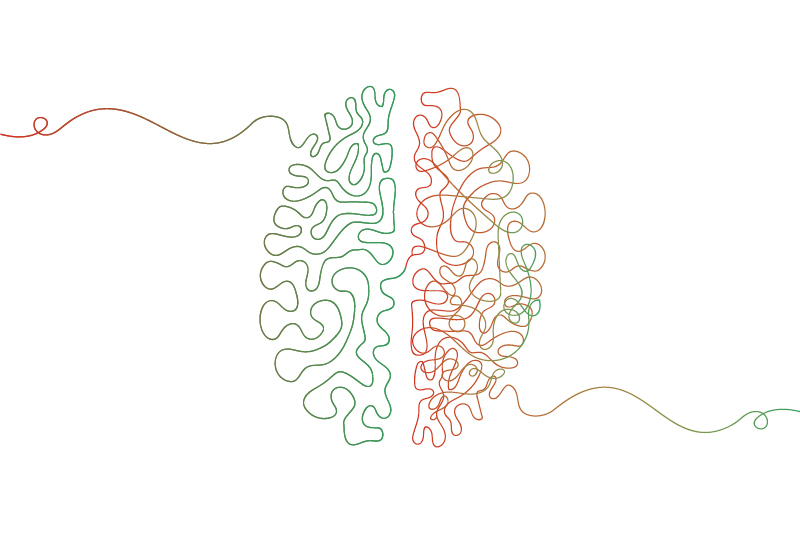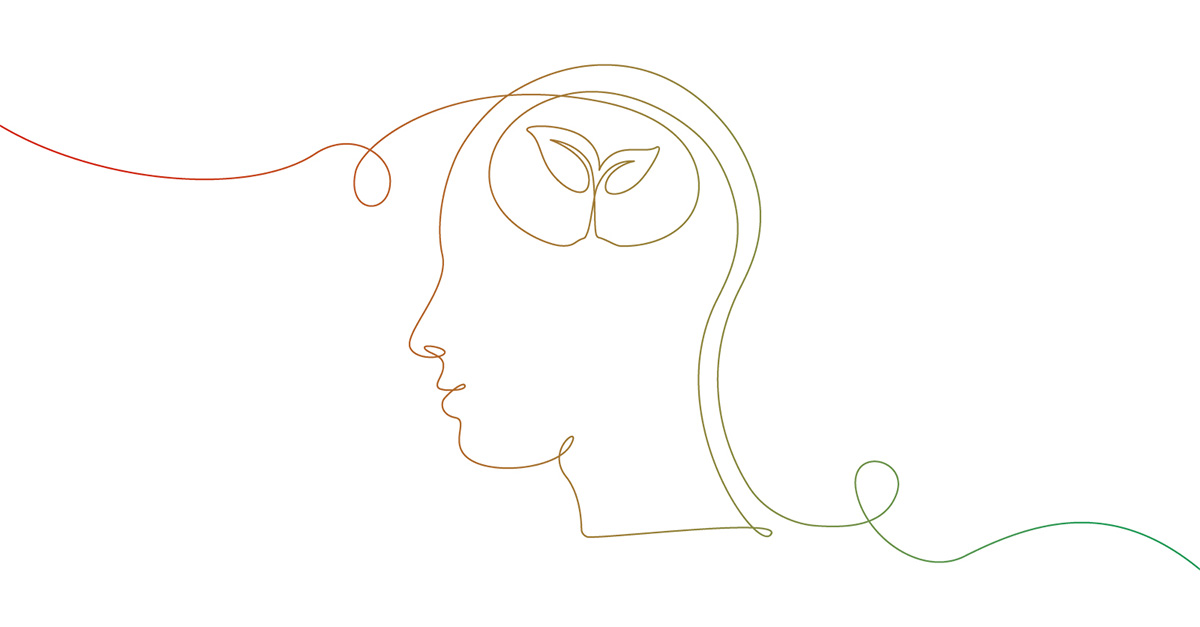Growth Mindset: How We Unlock Our Full Potential
How we respond to difficulties in life depends largely on our past experiences. These experiences can either cause us to doubt ourselves or to see every challenge as an opportunity for personal growth.
Everyone has experienced failure at some point, especially in their job. But how do we handle it? Do we feel like we’ve failed? Or do we see it as a chance to improve next time? If the latter is true, we likely possess what is called a "Growth Mindset." But what exactly does that mean?
What Is a Mindset?
"Mindset" refers to our attitude, outlook, or way of thinking. It’s shaped by our past experiences and influences how we think, feel, act, and view ourselves. In this sense, a mindset acts as a filter through which we interpret the world around us. Our brain uses these mental patterns to make decisions more quickly and to better predict future events.
New information is combined with what we already know, forming neural networks. The more often a network is activated, the more quickly it fires. As a result, some thought patterns are so well trained that they surface instantly.
But the good news is: our mindset can be developed. The brain is malleable, allowing us to create new neural networks or change existing ones. This means our abilities alone don’t determine success—our mindset plays a crucial role in how we tackle problems and tasks.
So What Is a Growth Mindset?
Carol Dweck, a U.S. psychologist, coined the term "Growth Mindset." She discovered that a person’s mindset significantly affects their performance. In her book "Mindset: The New Psychology of Success (2006)", Dweck explains that our success at work, in school, or in sports depends heavily on how we perceive our talents and abilities.
People with a Growth Mindset believe they can reach their full potential. They see continuous improvement as possible in every area of life. Mistakes are not equated with failure, but seen as learning opportunities. Lessons learned from setbacks lead to improvement. People with a Growth Mindset also tend to approach new challenges with optimism.
No – Not Everyone Is the Same
It’s important to note: Dweck’s concept doesn’t imply that all people are the same. Nor does it mean we can become anything we want just by believing in it. Let’s face it—most of us won’t become professional football players.
However, we all have different abilities in varying degrees. With discipline, we can develop our mindset, unlock our full potential, and grow in areas we’re passionate about. The key is our attitude.
Fixed Mindset vs. Growth Mindset
Unlike a Growth Mindset, a "Fixed Mindset" is a static self-image. People with a Fixed Mindset believe that intelligence and talent are innate. They think that talent alone is enough to achieve any goal.
As a result, they avoid challenges and blame failure on a lack of talent. When obstacles arise, they’re quick to give up. They try to avoid mistakes—partly out of fear of what others might think. People with a Fixed Mindset often plateau early and don’t reach their full potential. They develop a deterministic view of the world.
According to Carol Dweck, the crucial difference between a Fixed and Growth Mindset lies in one word: "yet." People with a Fixed Mindset might say, "I can’t do this," while those with a Growth Mindset say, "I can’t do this YET."

4 Tips to Improve Your Growth Mindset
Labels like "Growth Mindset" or "Fixed Mindset" are often situational. Depending on our mood or the circumstances, we can react in different ways.
Still, it’s important to become aware of our perspectives. By analyzing our reactions, we can uncover patterns and work on improving them. Here are four tips to help develop a Growth Mindset:
|
|
Transform Negative BeliefsWe all carry certain beliefs. Negative ones often stand in the way of success. Writing them down and replacing them with positive beliefs can help. For example, turn “I can’t do this” into “I can’t do this yet.” Think positive! |
|
|
Connect Mistakes to SolutionsInstead of despairing over a mistake, shift your perspective: “What can I learn from this, and how can I grow from it?” Writing down possible solutions can help visualize progress. |
|
|
Be PersistentChanging your mindset doesn’t happen overnight. Thought patterns and beliefs are deeply rooted. It takes effort and persistence to change them—but it’s worth it! |
|
|
Create Your Own ChallengesPeople with a Fixed Mindset often stay in their comfort zone. But if we regularly create our own challenges, we train our mindset to become more open to difficulties. Start with smaller tasks and gradually increase the difficulty. |
How a Growth Mindset Strengthens a Company
In today’s digital, fast-paced world, development is essential. Companies won’t reach their full potential with a "we’ve always done it this way" attitude.
To encourage growth thinking in a team, leaders should lead by example. That means reflecting on their own behavior, empowering their employees, reducing fear of mistakes, encouraging questions, and embracing feedback.
At brill+adloff, we’ve embedded the Growth Mindset deeply into our company culture. With the right mindset, everything—including personal growth—becomes easier. We believe in thinking the unthinkable to make the impossible possible.
Conclusion
The concept of a Growth Mindset applies to all areas of life—whether in our jobs, relationships, or in how we relate to ourselves. We have endless opportunities to grow in whatever inspires us—if we’re willing to take the leap. At brill+adloff, we take that leap.
Want to learn more about us? Visit our website:





